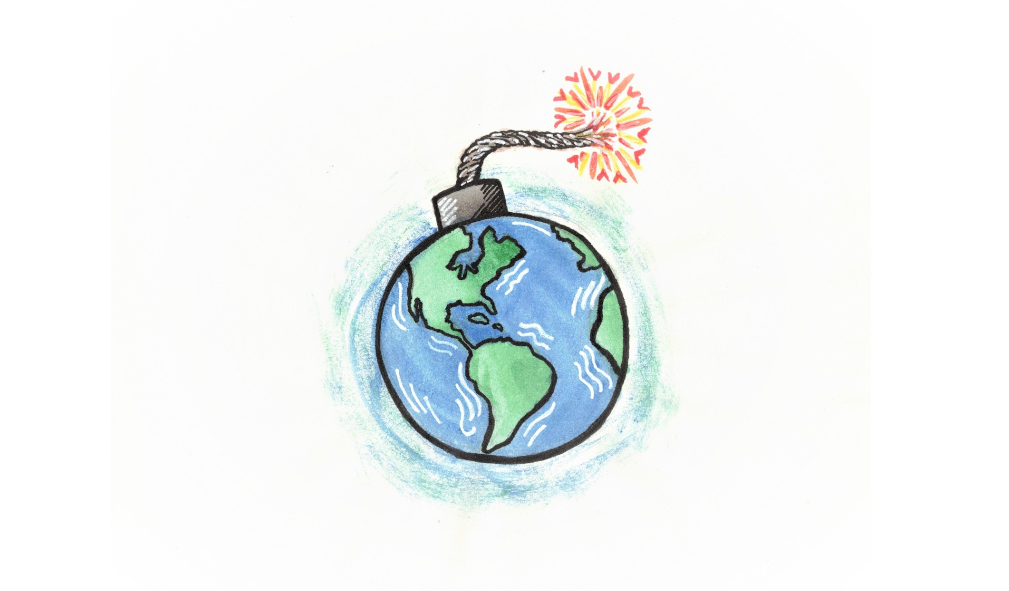McGill law student Larissa Parker recently won the highly competitive Open Future Essay Competition. In her winning essay published in The Economist, she wrote about extending legal rights to future generations to fight climate change. Parker addressed one of the most disheartening realities of climate change: Though we are already facing the effects, future generations will have to deal with more frequent droughts, stronger storms, rising sea levels, and species extinctions if temperatures continue to rise.
Parker, who was invited to attend the United Nations (UN) Youth Summit in New York City this past week, has been a long-time campaigner for climate justice. She believes that climate litigation offers a host of opportunities to fight climate change, especially if rights are extended to future generations. Currently, there are multiple cases against governments and corporations over the effects of climate change. However, the current production of carbon dioxide will cause much more harm to future generations than to current ones; at the moment, no mechanism exists to protect these future generations.
“There are so many aspects of climate change that hit at ways to sue governments and corporations for breaches of duty of care, but they hit temporal boundaries when extended to future generations,” Parker said in an interview with The McGill Tribune.
Parker argues that current generations should have the power to sue on behalf of future generations. Just as we currently suffer from past emissions, future generations will continue to be affected by today’s emissions. As Frédéric Fabry, a professor in the Faculty of Atmospheric and Oceanic Sciences at McGill, explained, carbon dioxide and other greenhouse gases linger in the atmosphere for many years.
“The gradual accumulation of carbon dioxide in the atmosphere is a slow process,” Fabry said to the Tribune. “It takes several generations to remove it from the atmosphere. If you burn fossil fuels, the carbon dioxide stays in the atmosphere for 100 to 200 years.”
To put this in perspective, the carbon dioxide that we are emitting now will still be around in 2150.
Parker argues that since we already know about this delay, we have a duty to protect future generations from these emissions.
“Future people are going to unquestionably experience climate change in the worst ways, especially marginalized populations,” Parker said. “These are the first people to be hit by climate change. In the future, it will still be marginalized groups who are first to be disadvantaged by climate change. In 50 years, when the [full] effects are being felt, it will be too late to sue. It’s time to get the preventative ball rolling.”
Parker also addressed how decisions from climate litigation cases can play out for future generations.
“We constantly see innovative ways [that] judges award remedies, such as putting money in environment programs, trusts for future generations [and] injunctions to stop activities,” Parker said.
In her essay, Parker articulates the sentiments of ‘the-not-in-my-lifetime’ phenomenon that have continued to grow with rising youth activism over the past few years.
“There are difficulties with suing on behalf of future generations,” Parker said. “Causation, for example, will be a big one […] but we owe it to them to at least include them in our legal arguments.”
To protect those who are not yet able to protect themselves, the rights of future generations must be considered. As Parker explains, overlooking their rights ignores the behaviour of greenhouse gases, and the delayed and amplified effect of today’s actions on future populations.






